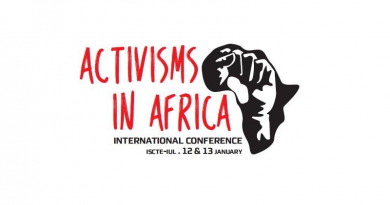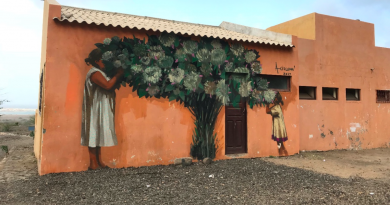Betting Practices Among Players in Portuguese Championships
CEI-IUL researchers Marcelo Moriconi and César de Cima have just published an article entitled “Betting Practices Among Players in Portuguese Championships: From Cultural to Illegal Behaviours” in the international peer-review publication Journal of Gambling Studies (Scopus 1st Quartile).
The growth of the online sports betting market has generated new risk areas and threats to sport integrity, such as match-fixing. In recent years, institutional concern to fight against the phenomenon has been intensified and a set of countermeasures has been adopted. One of the most widely implemented measures to protect integrity in sport is to ban athletes and sports players from betting on the competitions in which they are involved.
In some countries, such as Portugal, this practice has become a crime under the new legislation. Despite the legal and sporting restrictions and the prevention programmes carried out for sport institutions to explain the gambling rules, there are many athletes who are putting bets on their own competitions and even in their own games.
Through interviews with key informant actors and ethnographic fieldwork, this article describes betting patterns among sports actors in Portugal and explains the perceptions and incentives that lead them to bet in their own sports, competitions and games.
The results show different conceptions of integrity between the normative discourse on legal and sport governance institutions and sports actors’ opinion, essentially, the premise that suggest a direct link between betting on one’s own games and manipulation of these games. In some cases, betting in one’s own games helps to strengthen fair play values. However, the spreading of online betting, together with the perception of inefficient controls in the implementation of sporting and legal regulations, creates opportunity structures for fixing matches and taking financial profit though gambling activities.
Preliminary research was developed in the framework of the international project Training for Protected Reporting System (T-PREG), funded by European Commission Programme Erasmus + Sport and led by CEI-IUL researcher Marcelo Moriconi.
Read the artcle here.
Photo by Tevarak Phanduang on Unsplash
![]() This work is licensed under a Creative Commons Attribution-NonCommercial-ShareAlike 4.0 International License.
This work is licensed under a Creative Commons Attribution-NonCommercial-ShareAlike 4.0 International License.




